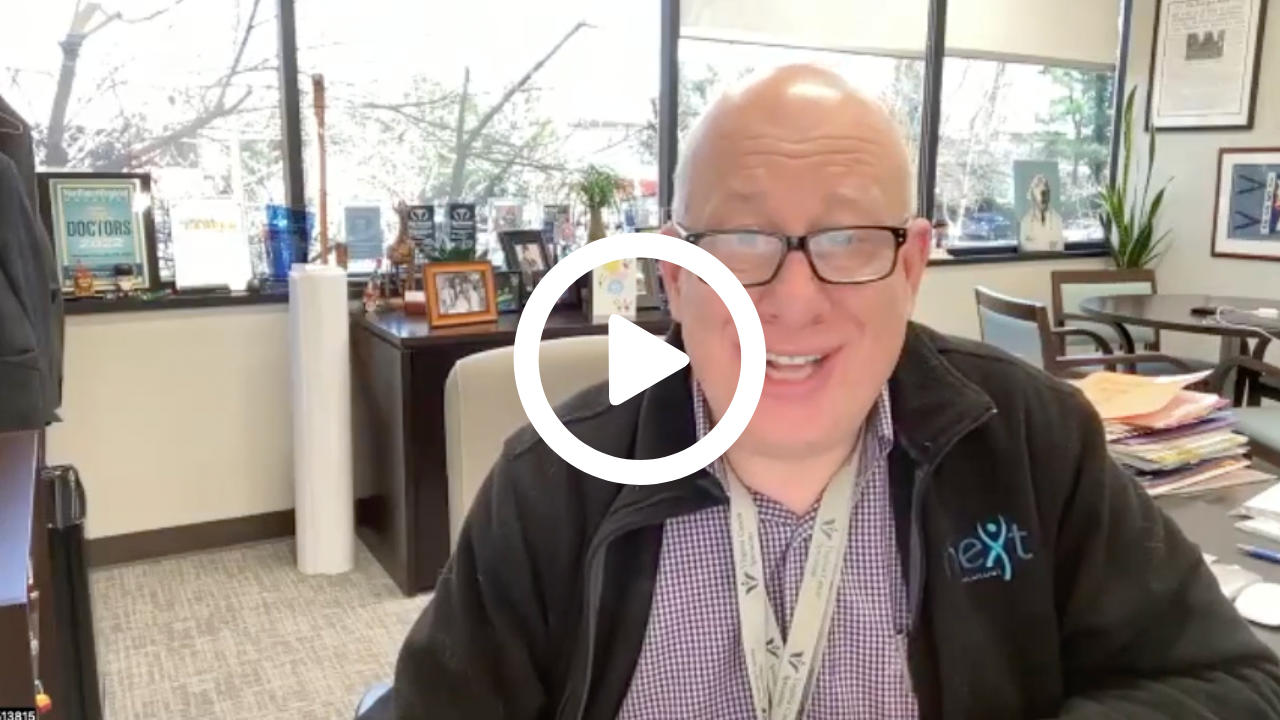MARIPOSA Study Shows Benefit of Amivantamab/Lazertinib in EGFR+ NSCLC
Nicolas Girard, MD, discusses data from the phase 3 MARIPOSA trial of amivantamab-vmjw plus lazertinib for patients with advanced non–small cell lung cancer harboring classical EGFR sensitizing mutations.
Nicolas Girard, MD, professor of Respiratory Medicine, Versailles Saint Quentin University, professor, head, at the Curie-Montsouris Thorax Institute, Institut Curie, discusses data from the phase 3 MARIPOSA trial (NCT04487080) of amivantamab-vmjw (Rybrevant) plus lazertinib (Leclaza) vs osimertinib (Tagrisso) alone as a first-line treatment for patients with advanced non–small cell lung cancer (NSCLC) harboring classical EGFR sensitizing mutations.
While osimertinib is the standard frontline therapy for approximately 15%-50% of patients with EGFR-mutant, advanced NSCLC, resistance to therapy remains an unmet need. With these data from MARIPOSA, amivantamab plus lazertinib represents a new standard of care for this patient population.
Transcription:
0:10 | MARIPOSA is a trial for patients with common EGFR-mutant non–small cell lung cancer. The standard of care is osimertinib as a single-agent. We have recently seen data that show that we can improve the outcome of patients in terms of PFS [progression-free survival] with this first-line treatment when combining osimertinib with chemotherapy in the FLAURA-2 [NCT04035486] study that was presented a few weeks ago. In FLAURA-2, [it showed that] we can reach something like a 25 month PFS with the combination.
0:42 | MARIPOSA is a chemo-free regimen with a combination of lazertinib, a third generation EGFR TKI and amivantamab, which is an EGFR MET antibody. With a combination of lazertinib plus amivantamab vs osimertinib, we reached a median PFS of 24 months. This is an improvement as compared with osimertinib for which median PFS was 17 months. At the end, this is very interesting data because we are now at this kind of level of median PFS of 2 years. We can do that either with FLAURA-2 with chemotherapy plus osimertinib or with MARIPOSA of amivantamab plus lazertinib. The advantages of MARIPOSA is that it's a chemotherapy-free regimen. We can use chemotherapy in the second-line setting. With regard to safety, this was as expected with the combination that was previously tested in the CHRYSALIS study [NCT02609776], [there were] mostly skin toxicities that need proactive management.
Amivantamab/Lazertinib Shows OS and PFS Benefits in EGFR-Mutated NSCLC
April 21st 2025During a live event, Xiuning Le, MD, PhD, discussed updated intracranial efficacy, overall survival, and safety of amivantamab plus lazertinib in patients with EGFR-mutated non–small cell lung cancer.
Read More
Kim Evaluates New Regimens for EGFR+ Lung Cancer
January 20th 2025During a Community Case Forum event in partnership with the Medical Oncology Association of Southern California, Edward S. Kim, MD, MBA, discussed the FLAURA2 and MARIPOSA trials of newer regimens for EGFR-positive lung cancer.
Read More








